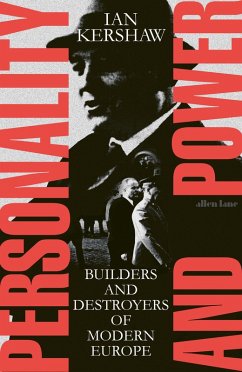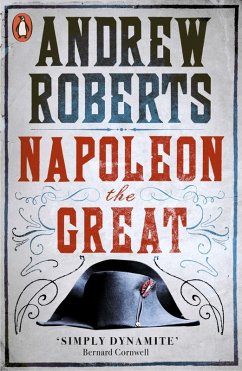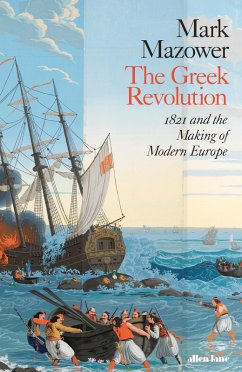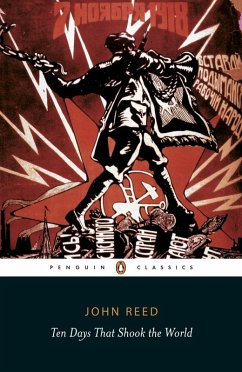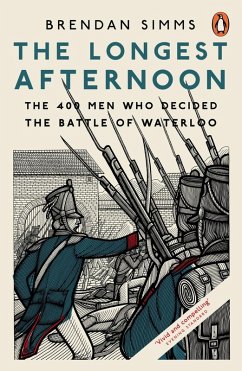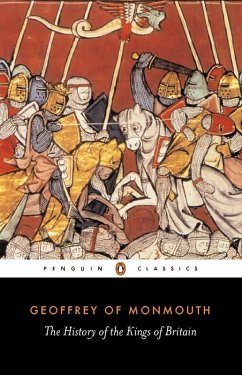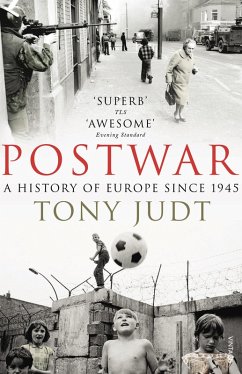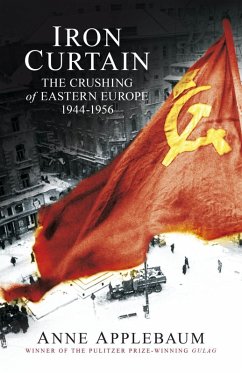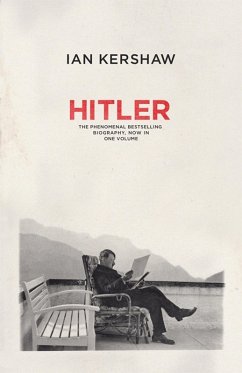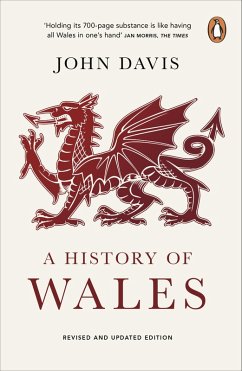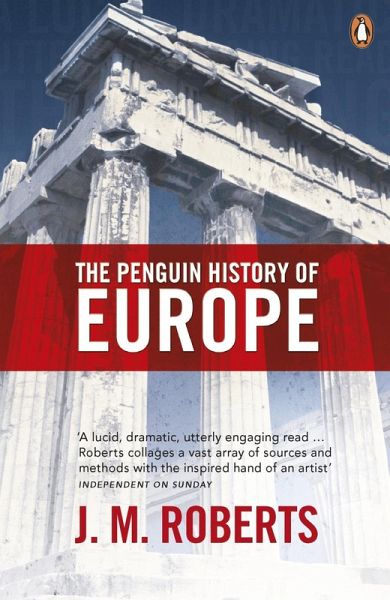
The Penguin History of Europe (eBook, ePUB)
Versandkostenfrei!
Sofort per Download lieferbar
12,99 €
inkl. MwSt.
Weitere Ausgaben:

PAYBACK Punkte
0 °P sammeln!
Comprehensive in its scope and brilliantly readable, this is a superb follow-up to the author's bestselling Penguin History of the World. Beginning with prehistory and the early civilizations of the Aegean, The Penguin History of Europe traces the development of European identity in its many guises, through the age of Christendom, the Middle Ages, early Modern history and the old European order.
Dieser Download kann aus rechtlichen Gründen nur mit Rechnungsadresse in A, B, BG, CY, CZ, D, DK, EW, E, FIN, F, GR, HR, H, IRL, I, LT, L, LR, M, NL, PL, P, R, S, SLO, SK ausgeliefert werden.




